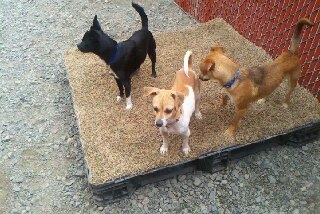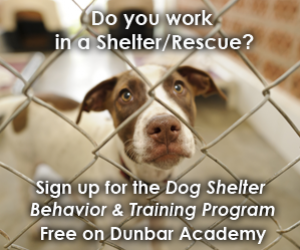Those Wonderful, Awful People

The problems facing the modern dog are the same problems facing the planet, wildlife, government and economics. They all have one common denominator. Interestingly, this common problem is also the common solution. It all comes down to human behavior.
Dogs are not in a position to make decisions on where they live, how they live or even if they live. Their fate and welfare are in the hands of humans. This can be a very fortunate place to be if the individual dog finds its way to caring people. Surely there are many other species who could only hope for the level of concern that is given to our beloved canines.
Alas, along with the attention of humans comes the mess of the human condition. Those working to help dogs are often equally and sometimes even more concerned with their own beliefs and ego. Sadly, there is no better way to hide an over-inflated ego than to tangle it up in a worthy cause. When wrapped in good deeds and tireless sacrifice it is hard to recognize the deep need that some have for personal recognition.
If you look closely, you’ll find it in any animal shelter or rescue across the country. Saving animals can become the driving force for a person who has a strong desire to feel important, needed, vital or even heroic. Sorting out the mess that society has created can certainly foster a feeling of superiority or martyrdom.
It can be so powerful that a person can lose sight of the very dogs they are saving, spending more and more energy protecting their own reputation and status among other humans. Sometimes this leads to very serious issues like animal hoarding. The belief that no one else cares as much or will sacrifice as much, has led many a well-meaning individual into the dismally overwhelming world of hoarding animals. So ingrained becomes the savior identity that to let an animal go becomes equivalent to causing an animal to suffer.
On the less serious end of the spectrum are the ego issues that tie us up in endless meetings, debates and power plays that only serve to delay or destroy available resources for helping animals in need. I’ve seen fantastic programs avoided or overlooked simply because it was developed by “someone else.” I’ve seen talented people refused the opportunity to help simply because they weren’t part of the “in crowd.” Worse, I’ve seen potentially powerful teams never reach cohesion or completely dissipate because a few members could not set aside their ego for the greater good.
I realize this happens at every level of business, government and association. It bothers me more, though, when it happens at the expense of the ego-less canines in our care. They sit in a kennel waiting as we discuss which method of training will be best for them. They sit in a kennel waiting as we argue over who is in charge. They sit in a kennel waiting as we agonize over the details of policies and procedures designed to ensure that these animals are cared for properly.
There’s nothing wrong with any of these boring necessities as long as we all remember what our main focus is supposed to be. Let’s meet after the dogs have been walked. Let’s argue after the dogs have had their stuffed Kongs. Let’s agonize over details after the dogs have been played with and trained. Let’s get our priorities straight.




